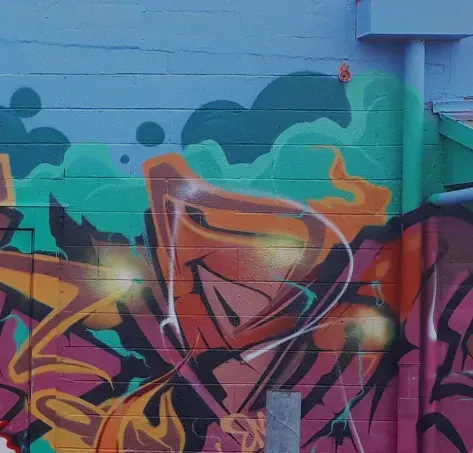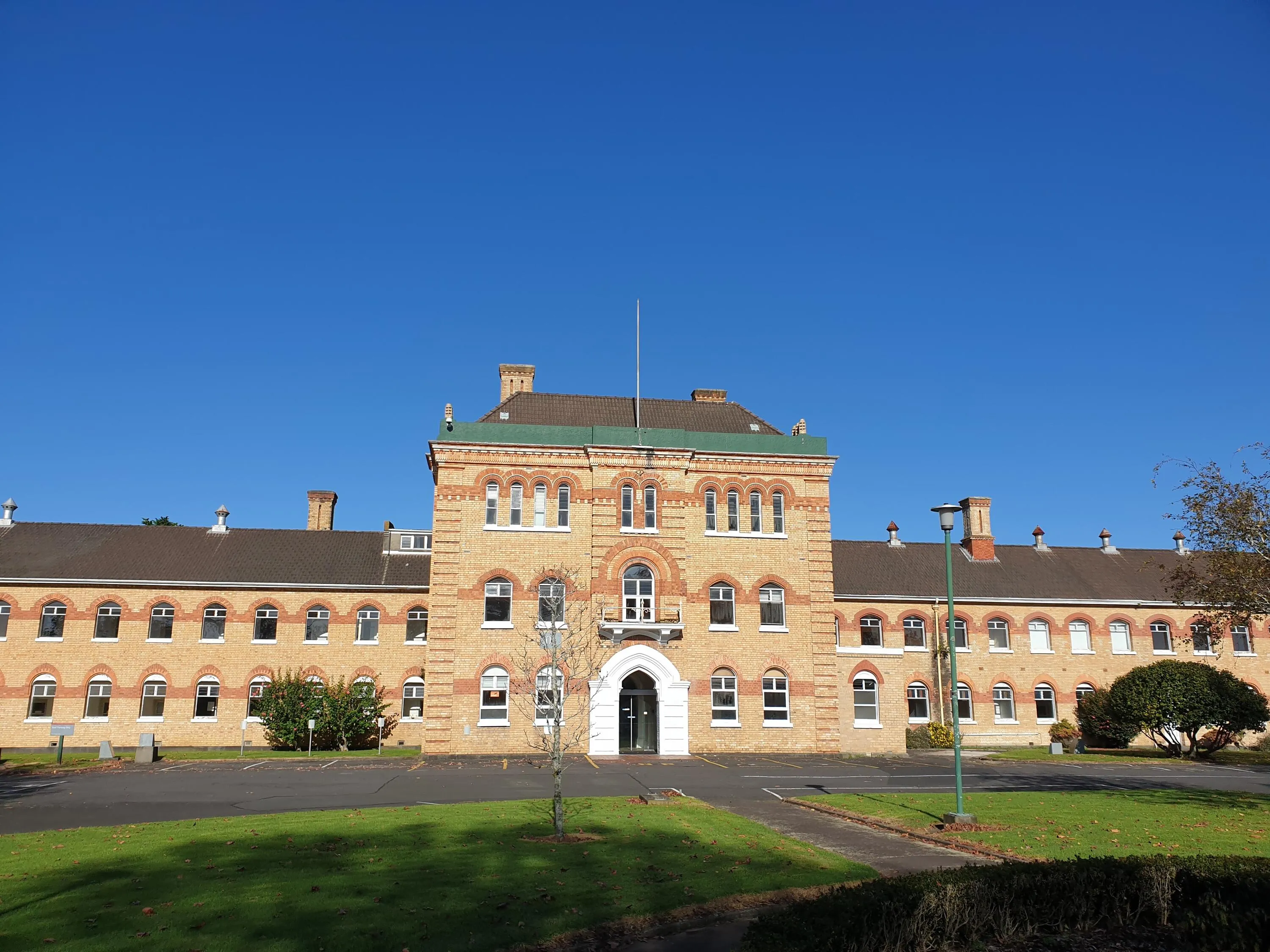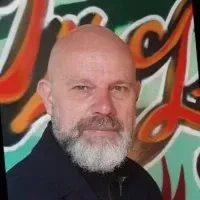Is Housing For Creatives And Artists The Answer?
Written by

Some words have been so over-used in the media that the audience can almost become immune to its impact. It’s not hard to be numb to seeing these phrases kicked around as a political football and used as an excuse to point fingers at others, without offering solutions.
For some, the phrase “housing crisis” is one of them. That’s unless it happens to be too close to home to ignore.
Or perhaps that should be too close without a home.
There are many creatives who struggle to afford a space for their mahi and to live, particularly in Tāmaki Makaurau.
The Point Chevalier Social Enterprise Trust (PCSET) wants to do something about it - so they’re looking to the creative community to help give them the ammunition they need to force change.
They’re appealing for creatives to give around 10 minutes of their time to complete their Housing For Artists Survey which canvases real issues confronting far too many in our community.
Referring to the survey as a “pulse check”, inspired by the plethora of initiatives internationally and a desire for better for our creatives, PCSET Trustee Graeme Bennett explains “artists have told us that housing affordability and the insecurity of housing are important issues for them.”
There’s a hope that better information would lead to an improved chance of achieving more affordable community arts housing options for creatives in Auckland, and in other regions, or a campaign to trial a Universal Basic Income for artists.
Bennett states “we needed to learn more about what is happening, both locally and nationally. Whilst there are a few initiatives locally, we needed the data to back up our thinking and understand what we are dealing with.”
First-hand knowledge
Arts Laureate, musician and writer Shayne Carter has helped drive the conversation with PCSET. He starts with some all too familiar - but still all too bleak stats.
"Figures published recently show people working in the creative arts in Aotearoa earn - on average - $35,800 per year. Only $15,000 of this comes from their creative practice.
“Figures like this explain why owning your own home remains a laughably remote prospect for most full time artists in this country, including reasonably well known ones such as myself.
“It’s not up to me to argue the cultural, spiritual, emotional and economic benefit art provides to our communities, but I can attest to how discouraging, depressing and soul sucking being denied the basic privilege of a secure roof over your head actually is.
“I’ve witnessed first-hand the effect this basic lack of security and source of continual stress has had on the mental health and spirit of many of my creative friends, some of whom give up their practices, and in some instances, worn down by the grind of poverty, their lives.
“Providing basic support for accommodation is, to me, one of the most practical, and necessary, actions we can take to support our creative community and ensure its members survive - let alone thrive".
Bennett - who along with fellow PCSET trustees Alex Woodley and Chris Casey have a diverse background in the creative sector as Producers, Promoters and Researchers - also refuses to let this matter slide.
“There are many well known artists across Auckland who gave every bit of themselves and their creativity to entertain, some now of a retired age living in less than suitable accommodation with health issues and no desire to carry on. Living a life of creativity is not always as glamorous as many seem to think.”
Slippery slope
He adds “the impact of creativity in our communities is also under threat,” using Britomart’s devolution from its intended purpose as an example.
“It was originally filled with creatives - home to theatre companies, photography studios, bars, cafes and music venues which brought an incredible vibe to downtown Auckland.
“Once the development was completed, the creatives were moved on and high-paying tenants moved in. The creatives dispersed, left without a creative hub to go to, and the vibe plummeted.
“Along with creatives getting pushed aside, our young creatives find it too expensive to live in Auckland, so they will move out or go overseas. So developers, iwi and councils need to look at larger spaces with shared facilities to accommodate the young creatives or they will be gone.
“Sure, there is new housing stock in the suburbs, and yet very little to no consideration is ever given to what it means to have a creative hub or housing for creatives given how much they contribute to the community.
Bennett proposes that the decision-makers should “allocate 10% of new housing developments to Artist Housing, incorporating studios or onsite makerspaces. As we found out when we completed a feasibility study for the adaptive reuse of the old Carrington Hospital (pictured below), there are many creative industry experts willing to give their time and knowledge to communities they live in.

Be brave
On the prospect of the often-discussed UBI becoming a reality, Bennett points to Ireland’s current pilot scheme to illustrate why he thinks it’s a realistic option.
“New Zealand needs to start somewhere - start with the Artists and musicians. Under the current funding models for the Arts here in New Zealand, there is no certainty unless you have a long term contract with an established arts organisation, which is treacherous.
“A pilot programme could look like 1000 artists getting $500 per week for 3 years, with established support and administrative structures to guide them to be the best they can be towards a full time career in their chosen fields.
“Like Ireland, New Zealand politicians need to be brave and innovative in the short term to test the viability of UBI to become truly universal across all of Aotearoa.”
Who should do this survey?
If you’re reading this story, there’s a strong chance that your opinion is of major relevance to this research. Quizzed on who they’re hoping fills in the survey, Bennett is unequivocal.
“Everyone that works in the creative sector, theatre, film, music, dance, festivals, writers, designers, fashion, teachers, educators, glass blowers, jewellers, creative producers, festival folk and the like - from across diverse backgrounds especially iwi, Pacifica, and Asian descent, and from the disability sector which is hugely important. “
Once the information is collated, Bennett says “we will be reporting the results to local and central government, social housing champions, developers and, of course, iwi to ensure decisions made around new housing and adaptive reuse of heritage and empty commercial buildings incorporate some or all of the elements of the survey.”
As for the desired outcome? “A thousand creative hubs and Housing for Artists across all of Aotearoa to increase creativity and diversity in our communities.
“Let creativity be the spirit of community, Te Wairua o te Hapori.”
Written in partnership with the Point Chevalier Social Enterprise Trust - click here to complete the Housing For Artists Survey and go in the draw to win one of five $100 vouchers.

